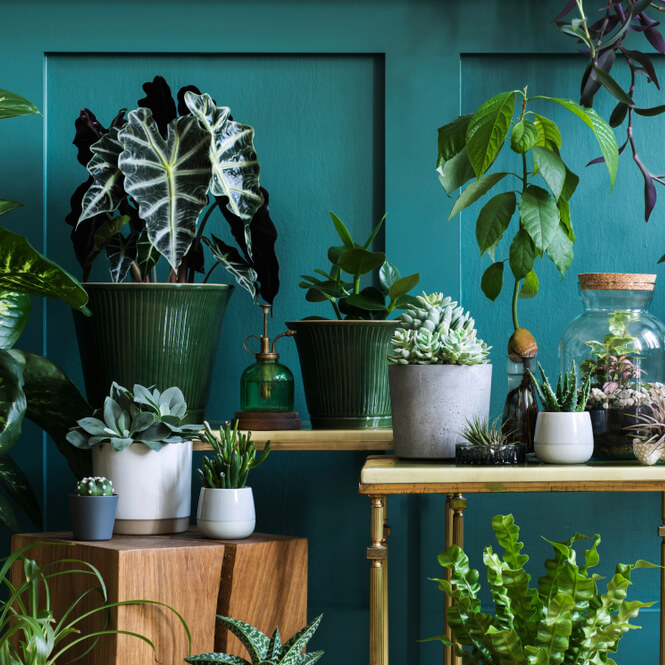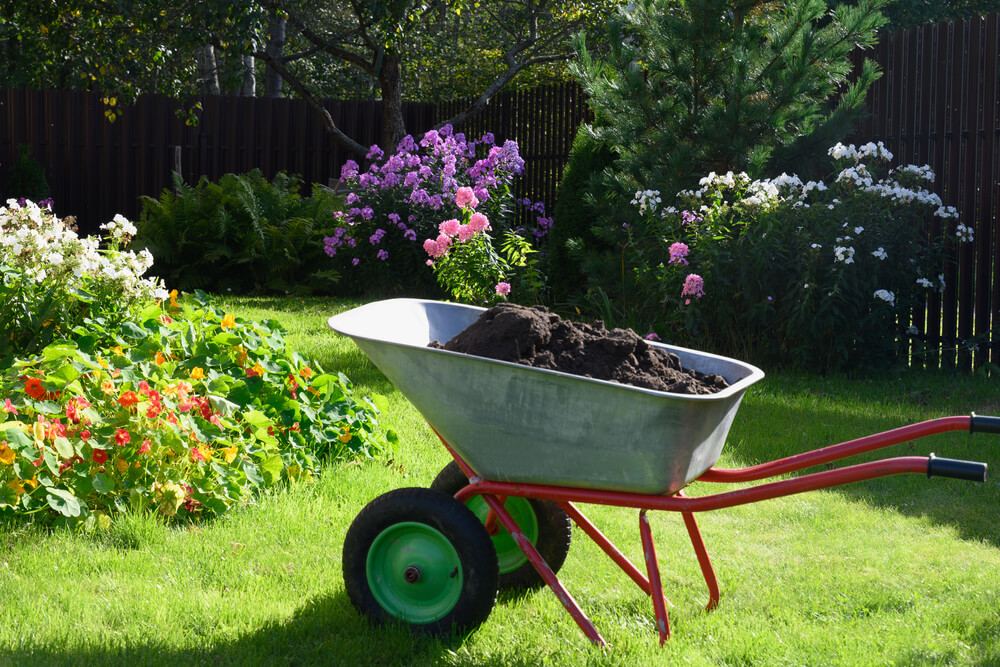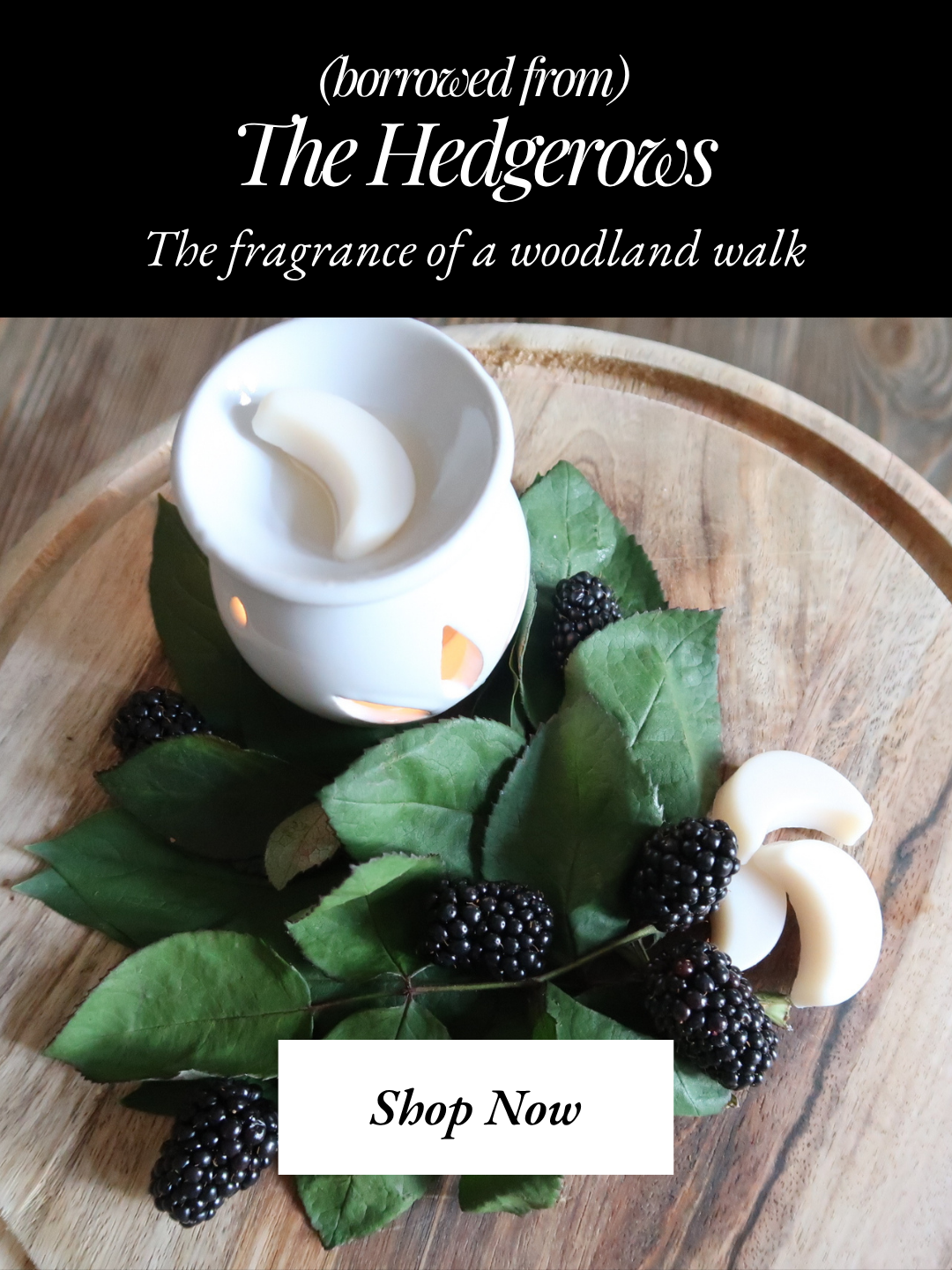3 Minute Read
Words by Kate Lucey

‘Nature is good for our brains!’ is a well-known concept. But beyond staring at a tree, how can we make sure we’re getting mother nature’s full benefit?
If you, like me and over 8 million people in the UK, suffer from a mental health problem, then you’ve most likely been told to ‘go for a walk to sort your head out’. If you’re lucky, maybe you’ve even found that going for a walk actually did make you feel a bit calmer and organise your mental filing cabinet.
It’s actually been scientifically proven that nature and green spaces help ease our painful mental health. Even Florence Nightingale wrote in 1859 that her patients had the ‘most acute suffering when they could not see out of the window’, and since then there have been heaps of studies proving that experiencing nature and green spaces has a positive impact on our brains, that ‘Nature Accessibility’ and ‘Nature Exposure From Home’ have both been shown to have positive effects on depression, anxiety and stress and that spending time in natural, greener environments can improve your mental health.

Here are three ways to use plants and nature to really effectively soothe our brains;
1. If you can’t get outdoors, get some plants
The absence of a bank balance allowing for a second home in Vancouver means that a lot of us in teeny flats in urban areas will just have to make do, and if you’re overwhelmed with doom then it’s not super easy to just pop out for a casual perambulate.
Plants are great for our brains beyond their sexy greenness, though. There’s a teeny feeling of accomplishment if you see that your small plant has grown a little, or produced a new sprig of something. Plants have been proven to soothe us, and Patch Plants have an ‘almost unkillable’ range which is great for those of us who can barely look after ourselves, let alone another living thing. Plants of course don’t offer the same Attenborough-esque world of the great (or at least average) outdoors, but having greenery in your vision has been proven to help.
Deepen your new plant-love by getting your hands really involved. Rub dust off of your plant’s leaves and notice the shape and texture of them in your hands, or re-pot it into a bigger home and really dig into the soil so you can feel it between your fingertips. Delicately separating out your plant’s roots to help it grow bigger and stronger is a surprisingly effective way of passing on care to another living thing, and forgetting about the gloom in your own mind.
2. Play closer attention to your surroundings when you’re outside
Going for a mind-clearing walk to ‘dust off the cobwebs’ is always a good idea. However, try giving your brain a little rest and lighting up a different part of it for the first bit of your stroll – then you can get back to thinking about what you’re going to make for dinner or what you’re going to do about Jackie at work.
When you’re in a green space – whether it’s a park, a bit of field, your garden, or a road lined with trees – have a look at the greenery. See how many differently shaped leaves or plants you can count, or how many different kinds of birds (or rats, if you live in East London). You don’t have to know their names, ‘that bird with black bits’ or ‘those leaves that look like penises’ is fine. Paying attention in this simple, slightly childlike way, will forge a deeper connection to nature in your brain, which is scientifically proven to give your mental struggles some relief.

3. Turn it into an activity
If you have children or caregiving responsibilities and can rarely get outside alone, then there are ways you can weave an outdoor activity into your schedule. Are there any community garden projects you can join in your local area? (Social Farms & Gardens has this great guide, and Good To Grow has a list of UK community gardens looking for volunteers).
If your spare time is limited and you don’t want to give up any of your socialising – which is also marvelous for giving our brains a massage – ask yourself if you could have a phone call as you walk through a park, sit in a garden or even a wander through the plants on sale in a garden centre? It maybe less mindful but surely better than sitting in an airless office under strip lighting. Or for the more energetic among us, how about swapping the gym for some rock climbing, hiking, kayaking or a session with Green Gym – a UK organisation offering physical activity in outdoor spaces that helps conservation efforts while you’re at it.
Have a look up from your screen now, and see what greenery is near you. Is there any? If there is, what details do you notice about it? If there isn’t, where can you go to see some, or how can you bring it into your home or space?
Your brain will thank you for it.
Share this article…





